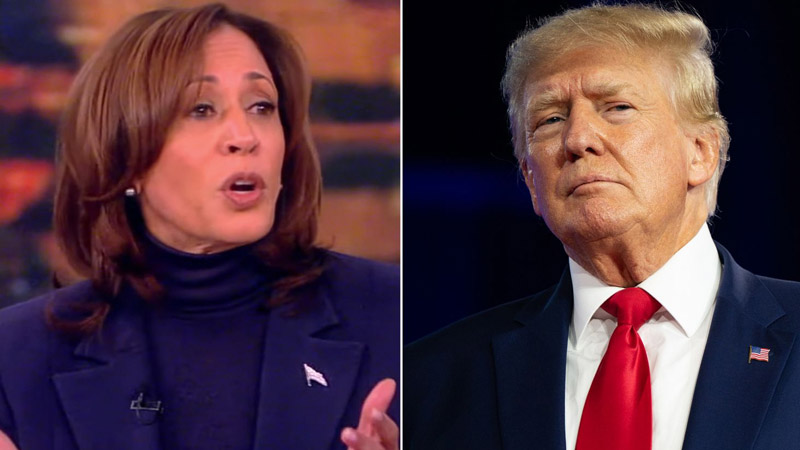The political landscape is abuzz with alarming concerns as whispers turn into outspoken worries that a re-elected President Donald Trump might target two critical lifelines for many Americans: Social Security and Medicare. The very thought has sparked widespread alarm and disapproval, striking a chord with citizens nationwide, especially those who have come to rely on these foundational programs for financial and medical support in their later years.
Social Security and Medicare have long stood as bastions of stability, offering a safety net to the elderly and vulnerable populations by providing indispensable healthcare coverage and financial aid. The idea that these essential services could face severe cutbacks under a second Trump administration is causing distress among communities already facing economic and health hardships.
Recent statements, including those made by President Trump and echoed across social media platforms like Twitter on March 20, 2024, suggest that the potential reduction of Social Security and Medicare benefits is more than mere speculation. Trump’s tenure has been punctuated by insinuations of the need to overhaul these programs, often under the guise of budgetary trimming and fiscal prudence.
Critics, however, argue that the proposed changes to Social Security and Medicare demonstrate a lack of sensitivity toward those who depend on these programs the most. They emphasize that any reform efforts should not compromise the welfare and dignity of individuals who find themselves in precarious financial and health situations.
Furthermore, opponents of the proposed cuts advocate for alternative strategies to safeguard the future of these programs, such as progressive tax reforms or more effective cost-reduction measures, rather than outright benefit reductions.
The debate around potential cuts to these vital programs is occurring against the backdrop of a global health crisis that has laid bare the deep-rooted disparities in access to healthcare and financial stability. The COVID-19 pandemic has heightened the sense of urgency and concern among the elderly population, for whom Social Security and Medicare are not just policy issues but lifelines that support their day-to-day living and healthcare needs.
In light of these concerns, various advocacy groups and political figures have galvanized to champion the cause of Social Security and Medicare, positioning these programs as inviolable rights that must be defended against any attempts to diminish their scope or effectiveness.
This contentious issue brings to the forefront broader discussions about the responsibilities of governance and the moral imperatives of a society committed to caring for its most vulnerable members. It raises profound questions about the values that underpin our social contracts and the kind of nation we aspire to be—one that upholds principles of empathy and mutual support or one that adheres strictly to austerity measures, even at the expense of its citizens’ well-being.
As the electoral countdown continues, the future of Social Security and Medicare remains uncertain, with their fate closely tied to the outcome of the presidential race. This pivotal moment in American politics not only holds significant implications for millions but also serves as a reflection of the nation’s collective conscience and the ethical path it chooses to follow in times of collective need. The ongoing battle to safeguard these crucial programs underscores a resolute commitment to ensure their endurance, signaling a determined stand against any measures that threaten their existence.



